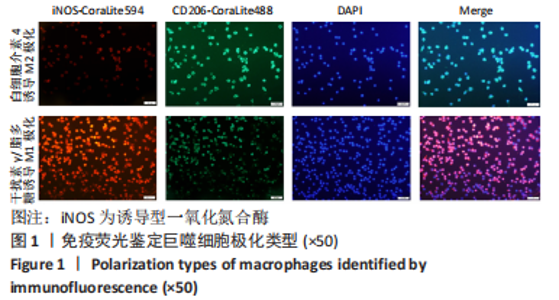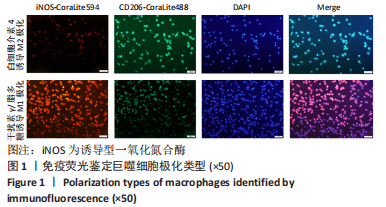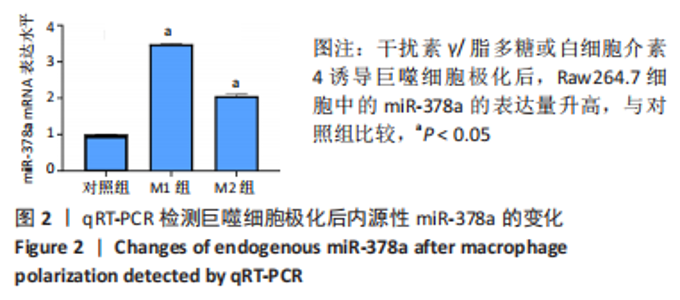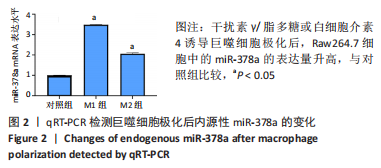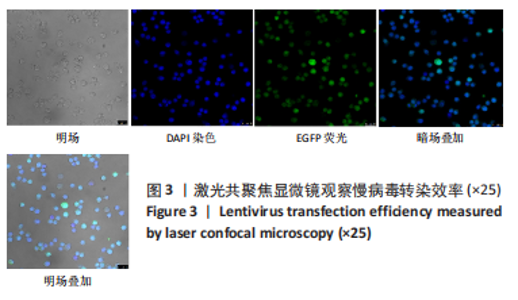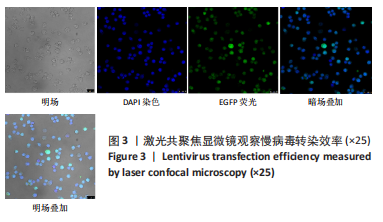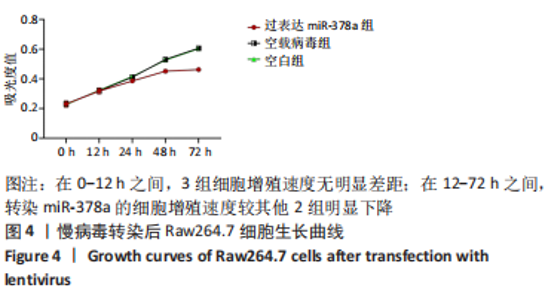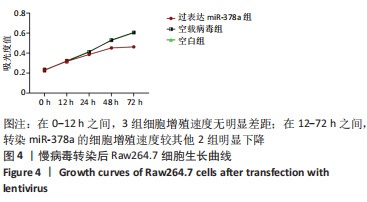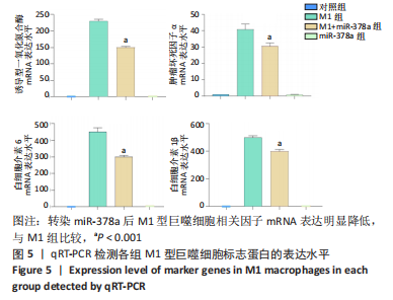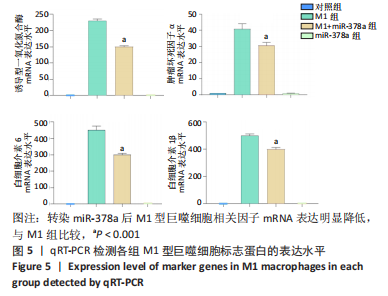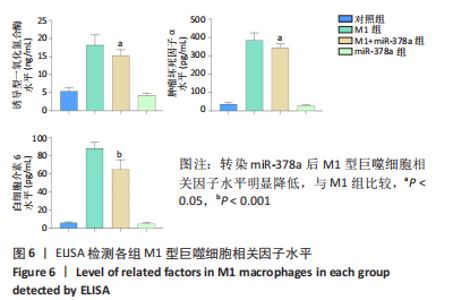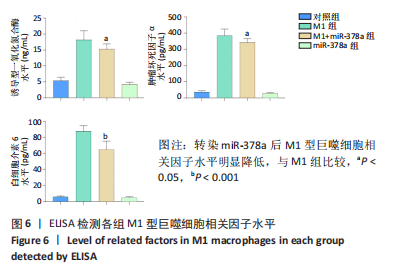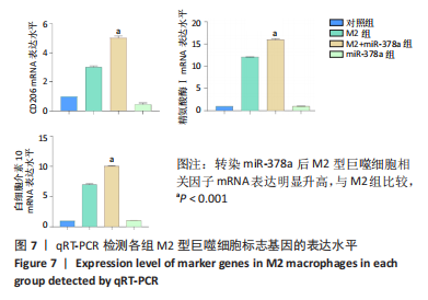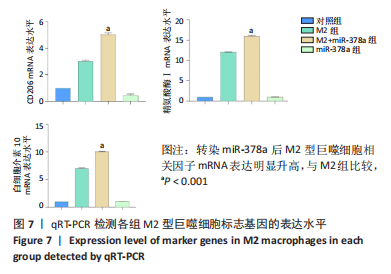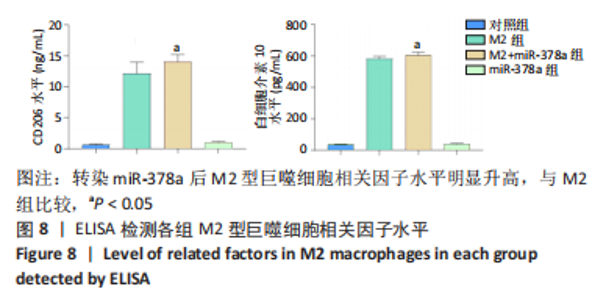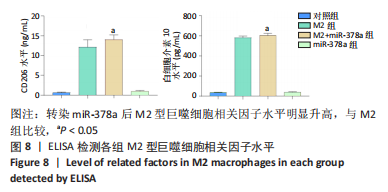[1] FERNANDES MM, CORREIA DM, RIBEIRO C, et al. Bioinspired Three-Dimensional Magnetoactive Scaffolds for Bone Tissue Engineering. ACS Appl Mater Interfaces. 2019;11(48):45265-45275.
[2] MOORE EM, WEST JL. Harnessing Macrophages for Vascularization in Tissue Engineering. Ann Biomed Eng. 2019;47(2):354-365.
[3] YUNNA C, MENGRU H, LEI W, et al. Macrophage M1/M2 polarization. Eur J Pharmacol. 2020;877:173090.
[4] LI J, JIANG X, LI H, et al. Tailoring Materials for Modulation of Macrophage Fate. Adv Mater. 2021;33(12):e2004172.
[5] PAJARINEN J, LIN T, GIBON E, et al. Mesenchymal stem cell-macrophage crosstalk and bone healing. Biomaterials. 2019;196:80-89.
[6] MAHON OR, BROWE DC, GONZALEZ-FERNANDEZ T, et al. Nano-particle mediated M2 macrophage polarization enhances bone formation and MSC osteogenesis in an IL-10 dependent manner. Biomaterials. 2020;239:119833.
[7] MURRAY PJ. Macrophage Polarization. Annu Rev Physiol. 2017;79:541-566.
[8] LI H, JIANG T, LI MQ, et al. Transcriptional Regulation of Macrophages Polarization by MicroRNAs. Front Immunol. 2018;9:1175.
[9] ESSANDOH K, LI Y, HUO J, et al. MiRNA-Mediated Macrophage Polarization and its Potential Role in the Regulation of Inflammatory Response. Shock. 2016;46(2):122-131.
[10] MOHAPATRA S, PIOPPINI C, OZPOLAT B, et al. Non-coding RNAs regulation of macrophage polarization in cancer. Mol Cancer. 2021;20(1):24.
[11] MACHADO IF, TEODORO JS, PALMEIRA CM, et al. miR-378a: a new emerging microRNA in metabolism. Cell Mol Life Sci. 2020;77(10): 1947-1958.
[12] NAN K, ZHANG Y, ZHANG X, et al. Exosomes from miRNA-378-modified adipose-derived stem cells prevent glucocorticoid-induced osteonecrosis of the femoral head by enhancing angiogenesis and osteogenesis via targeting miR-378 negatively regulated suppressor of fused (Sufu). Stem Cell Res Ther. 2021;12(1):331.
[13] 李君,左新慧,刘小元,等.过表达 miR-378a 可影响骨髓间充质干细胞膜片成骨及成血管分化的能力[J].中国组织工程研究,2021, 25(31):4939-4944.
[14] WANG Q, HONG L, CHEN M, et al. Targeting M2 Macrophages Alleviates Airway Inflammation and Remodeling in Asthmatic Mice via miR-378a-3p/GRB2 Pathway. Front Mol Biosci. 2021;8:717969.
[15] 王吉.MicroRNA-149-3p和5p对巨噬细胞Raw264.7的M1/M2极化作用研究[D].北京:北京化工大学,2020.
[16] KADOMOTO S, IZUMI K, MIZOKAMI A. Macrophage Polarity and Disease Control. Int J Mol Sci. 2021;23(1):144.
[17] MARTIN P, GUREVICH DB. Macrophage regulation of angiogenesis in health and disease. Semin Cell Dev Biol. 2021;119:101-110.
[18] SUNWOO JY, ELIASBERG CD, CARBALLO CB, et al. The role of the macrophage in tendinopathy and tendon healing. J Orthop Res. 2020; 38(8):1666-1675.
[19] FERNANDES TL, GOMOLL AH, LATTERMANN C, et al. Macrophage: A Potential Target on Cartilage Regeneration. Front Immunol. 2020; 11:111.
[20] KLOC M, GHOBRIAL RM, WOSIK J, et al. Macrophage functions in wound healing. J Tissue Eng Regen Med. 2019;13(1):99-109.
[21] LOCATI M, CURTALE G, MANTOVANI A. Diversity, Mechanisms, and Significance of Macrophage Plasticity. Annu Rev Pathol. 2020;15:123-147.
[22] LU TX, ROTHENBERG ME. MicroRNA. J Allergy Clin Immunol. 2018; 141(4):1202-1207.
[23] TIWARI A, MUKHERJEE B, DIXIT M. MicroRNA Key to Angiogenesis Regulation: MiRNA Biology and Therapy. Curr Cancer Drug Targets. 2018;18(3):266-277.
[24] ZHANG P, WANG H, LUO X, et al. MicroRNA-155 Inhibits Polarization of Macrophages to M2-Type and Suppresses Choroidal Neovascularization. Inflammation. 2018;41(1):143-153.
[25] LU J, XIE L, LIU C,et al. PTEN/PI3k/AKT Regulates Macrophage Polarization in Emphysematous mice. Scand J Immunol. 2017;85(6): 395-405.
[26] HUANG Y, LIU X, WANG Y. MicroRNA-378 regulates neural stem cell proliferation and differentiation in vitro by modulating Tailless expression. Biochem Biophys Res Commun. 2015;466(2):214-220.
[27] VALENTI MT, DEIANA M, CHERI S, et al. Physical Exercise Modulates miR-21-5p, miR-129-5p, miR-378-5p, and miR-188-5p Expression in Progenitor Cells Promoting Osteogenesis. Cells. 2019;8(7):742.
[28] CHEN YH, KEISER MS, DAVIDSON BL. Viral Vectors for Gene Transfer. Curr Protoc Mouse Biol. 2018;8(4):e58.
[29] BULCHA JT, WANG Y, MA H, et al. Viral vector platforms within the gene therapy landscape. Signal Transduct Target Ther. 2021;6(1):53.
|
